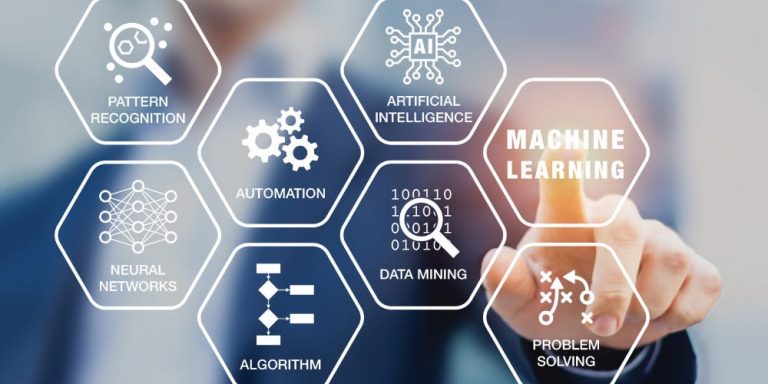The world of translation is at present experiencing a big shift pushed by Synthetic Intelligence (AI) and Machine Studying (ML). Though the human contact stays important, AI is basically altering our strategy to language switch. Let’s discover the technical elements of this transformation and uncover the thrilling profession alternatives it presents.
1. Deep Studying and Neural Machine Translation (NMT): On the core lies the facility of deep studying algorithms. NMT makes use of synthetic neural networks, mimicking the human mind’s construction, to investigate large datasets of bilingual textual content. This permits NMT to seize complicated linguistic nuances and statistical relationships between phrases, resulting in extra natural-sounding translations in comparison with conventional rule-based strategies. Developments in subword items and a focus mechanisms additional empower NMT to deal with uncommon phrases and sophisticated sentence buildings with larger accuracy.
2. Transformer Structure and Sequence-to-Sequence Studying: The Transformer structure, a selected sort of neural community, has revolutionized NMT. It processes complete sentences concurrently, analyzing the connection between phrases in each supply and goal languages. This “sequence-to-sequence” studying strategy permits for superior context understanding and extra trustworthy copy of the unique which means.
3. Energetic Studying and Human-in-the-Loop Methods: A key side of AI in translation is the idea of “lively studying.” Right here, the system identifies areas the place its efficiency will be improved and actively seeks human enter to refine its understanding. This “human-in-the-loop” strategy permits for steady studying and adaptation, resulting in more and more correct translations over time.
4. Rising Job Alternatives: The rise of AI creates a brand new panorama of job alternatives in translation:
- AI Specialists: People with experience in NLP (Pure Language Processing) and machine studying will likely be essential for growing and refining NMT fashions.
- Translation High quality Evaluators: Human evaluators will stay important for assessing the standard, fluency, and cultural appropriateness of AI-generated translations.
- Area Adaptation Specialists: Specialists with deep data of particular fields (e.g., authorized, medical) will likely be wanted to curate coaching information and adapt NMT fashions for specialised domains.
- Publish-Enhancing Specialists: Extremely expert translators will likely be in excessive demand to edit and refine AI outputs, guaranteeing the ultimate product meets the best requirements.
The Evolving Panorama:
Whereas AI affords super potential, challenges stay. Bias mitigation in coaching information, dealing with low-resource languages, and guaranteeing nuanced cultural understanding are ongoing areas of analysis. Nonetheless, the longer term is undeniably collaborative. Human experience will proceed to information and refine AI, creating a strong synergy that breaks down language obstacles and fosters world communication on an unprecedented scale.
